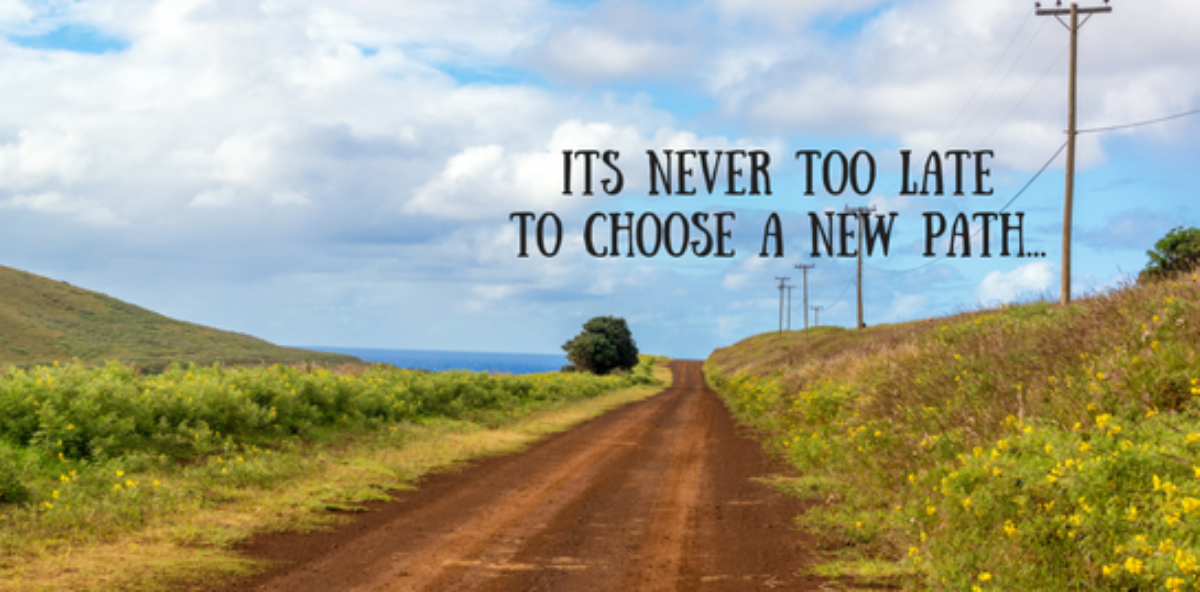Don’t let shit get into your mind! We don’t realize how much hype, violence and drama we let into our minds when we watch world news and TV/Movies. We may not believe that it affects us, but the truth is that it does! Our brain is interesting in the way it reacts to all of that and subconsciously affects our thoughts and behaviours.
Past memories that create negative feelings in our mind also clog up our thoughts and beliefs, affect our ability to be happy today and actually affect our feeling about ourself! This is a good reason to work hard at resolving those memories and finding ways to appreciate how they have made you who you are today. I am a prime example of this. I had a rough childhood and was in past abusive relationships. I used to feel anger and self-pity and feel totally crappy about myself but with help I learned how to reframe those experiences and use what I learned to my positive advantage. Those old habitual feelings tend to creep in once in a while, but once you have recognized them, you can quickly turn those thoughts in a positive way (practise!). No matter how bad the past was or how messed up you feel because of it, there is always a way to work at feeling better about it.
What helps me to keep my mind positive and moving forward is to AVOID letting crap into my mind, regularly feed it personal development. I learn new things and apply them to my life and have learned to feel excited and passionate every day about what I do. Seriously, nothing beats feeling excited and passionate every day! When you feel like that, where is the time to even feel bad or negative about anything!?
One of my mentors (Tony Robbins) said….”If you are not growing, you are dying”. I will never forget this and it is so true…learning and personal development is so important! The same can be said for many things such as our relationships, our businesses and more…if they are not growing, then they are dying! Scary thought!..
Ultimately, the most important thing to protect our mind and mental health and sense of well-being, is to stand guard at the door of our mind. Don’t let the crap in, and work every day at getting the crap out from the past and reframing your thinking. This process is important to maintain positivity, motivation, interest in and a zest for life like no other. If you are having a hard time doing this yourself, it is understandable. I recruited help from a coach to help me to reframe myself and my thinking, and I recommend this for you if you are having difficulty as well.
My other mentor (the late Jim Rohn) suggested that our mind is like a garden full of weeds. Work at getting the weeds out (may take a lot of work at first), but then (after all that work) maintain it well by plucking the weeds out as soon as they come up.
Have a great day! Fill your mind with personal growth, development and learn new things. Get the shit out of there, keep it out and enjoy life NOW!
TO learn 7 tips to improve your self-discipline, get your free download HERE.





